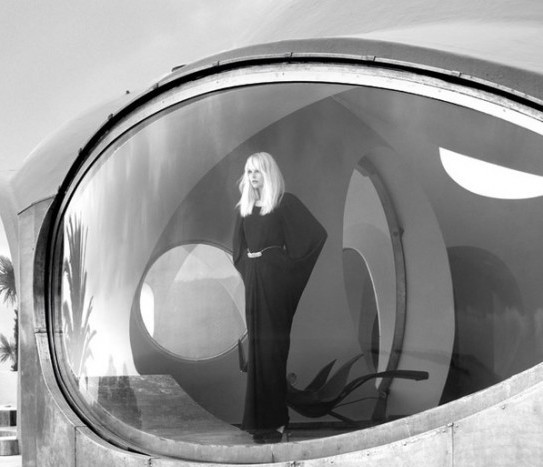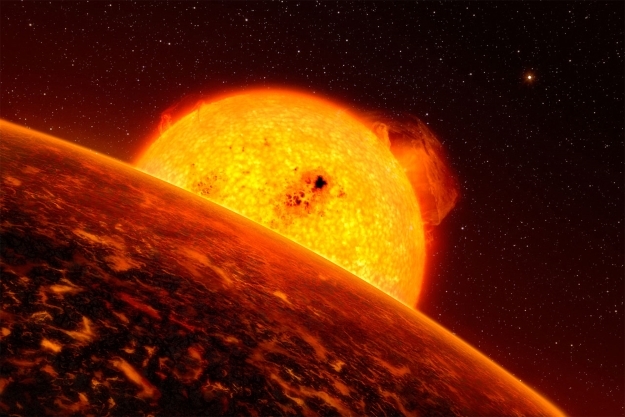I think it’s been clear for a while that Elon Musk wants humans to colonize Mars not to win money or glory but because our best bet for the species to avoid extinction is for us to populate the universe. But Phil Plait of Slate was taken aback, energized even, by the urgency of the SpaceX founder’s goals when he discussed the prospect with him face to face. The columnist believes the first Martian immigrant has already been born.
What’s left unsaid in the piece is that living on other planets, asteroids and such will still kind of be the end of Homo sapiens. It will likely “evolve” us in a number of ways, and any element of our former humanness may be vestigial.
From Plait:
We talked about various topics for a while—the movie Interstellar, the history of SpaceX, terraforming Mars … and that was when I said something dumb.
“I know Mars is a long-term goal for SpaceX,” I started. Then, pretty much as an aside, I said, “because you want to retire on Mars … ”
Musk got a pained look on his face. “No, that’s wrong. That’s not why I want to get to Mars. That quote is from an article in the Guardian. They pushed me for a sound bite, asking if I wanted to retire on Mars. I eventually said yes. When I retire—hopefully before I go senile—and eventually die, then Mars is as good a place to die as any.”
That line made me laugh; it’s far better than anything printed in the Guardian article.
But still, I was taken aback. “OK then, the article wanted a sexy quote and got one. But if that’s not the reason, what is it?”
Musk didn’t hesitate. “Humans need to be a multiplanet species,” he replied.
And pretty much at that moment my thinking reorganized itself. He didn’t need to explain his reasoning; I agree with that statement, and I’ve written about it many times. Exploration has its own varied rewards … and a single global catastrophe could wipe us out. Space travel is a means to mitigate that, and setting up colonies elsewhere is a good bet. As Konstantin Tsiolkovsky (the father of modern rocketry) said, “The Earth is the cradle of humanity, but one cannot live in the cradle forever.”•


